Seeds, pits and stones– what you can eat and what you cannot
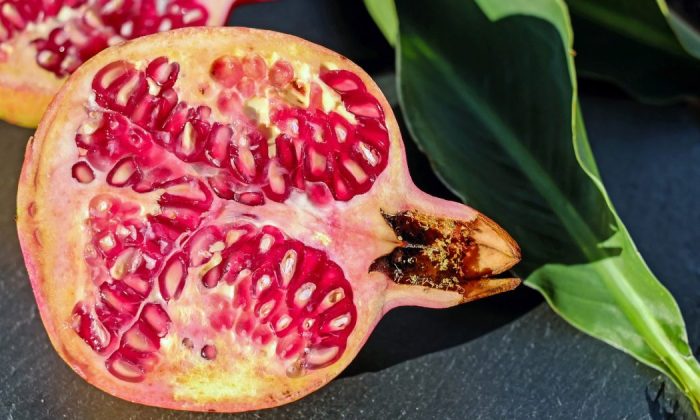
Fruit stones, pits or seeds are frequently discussed topics because many seeds contain a mixture of various enzymes and other substances beneficial to the human body. We can eat some of them but we should avoid certain types. Some seeds are really excellent and consumption is ok but not all of them do you body good. We have prepared a list of those that can be consumed and those you had better throw away because some may even be quite toxic.
Snack made from seeds
Some seeds may be used to prepare a unique, tasting and highly nutritious snack. Pumpkin seeds contain phosphorus, zinc, potassium or magnesium for example and are excellent for consumption. Roast them in oven and they will taste absolutely great. Also, sunflower seeds and many others are great and commonly used. Just do not over fry them. Roast them at 75 °C for 15 minutes. That is plenty. Basically all edible seed may be fried.
Edible stones and seeds
Even large fruit stones can be consumed and we shall take a closer look at the most popular ones. Well, not all of them taste great but you may try them.
Watermelon
Traditional black watermelon seeds contain zinc, protein and iron. You certainly do not have to be afraid if you swallow watermelon seeds.
Photo: Pixabay
Pomegranate
Consuming pomegranate seeds is normal of course. It is very difficult to separate the pulp from them. The seeds contain about half of the daily dose of vitamin C and lot of antioxidants.
Photo: Pixabay
Citruses
Citrus seeds contain natural limonoids and it is believed that these seeds even have anti-cancer effects and lower blood cholesterol levels.
Photo: Pixabay
Grape wine
Grape seeds contain a lot of vitamin E, flavonoids, linoleic acid and very strong antioxidants called proanthocyanidins. You can even buy an extract from grape seeds.
There other seeds that people consume at their own risk
For example:
Peaches, apricots, cherries, pears and apples
These are traditionally eaten without seeds and there is a good reason. These fruits contain amygdalin. This substance is locked in the seeds so if the stone or seed is not disturbed, it is ok. But when the core structure is disturbed, it turns into a cyanide. In large doses, this poison can do a considerable harm but fortunately the amount of amygdalin in apples and pears is very small.
Photo: Pixabay
Beware of bitter almonds
Almonds also contain amygdalin but those sold in stores are sweet almonds and are safe for consumption.
Cashews contain oxalates
Who does not know cashew nuts? These are the fruits of the cashew tree (Anacardium occidentale). Surprisingly they contain oxalates but this substance does not harm healthy people. Only people with gallbladder problems should be careful.
Photo: Pixabay
Preview photo: Pixabay

Gardening is my hobby, I have a lot of experience and I am happy to share it.
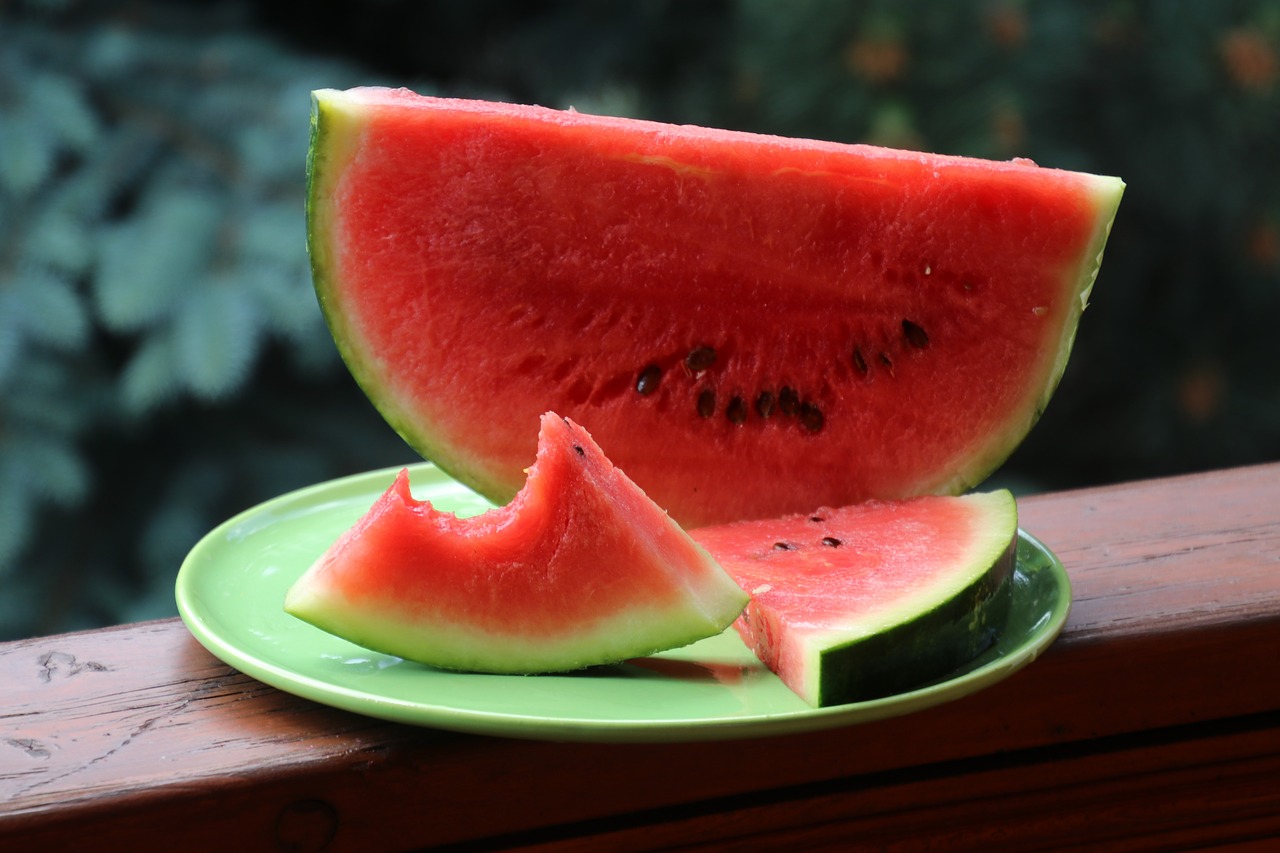
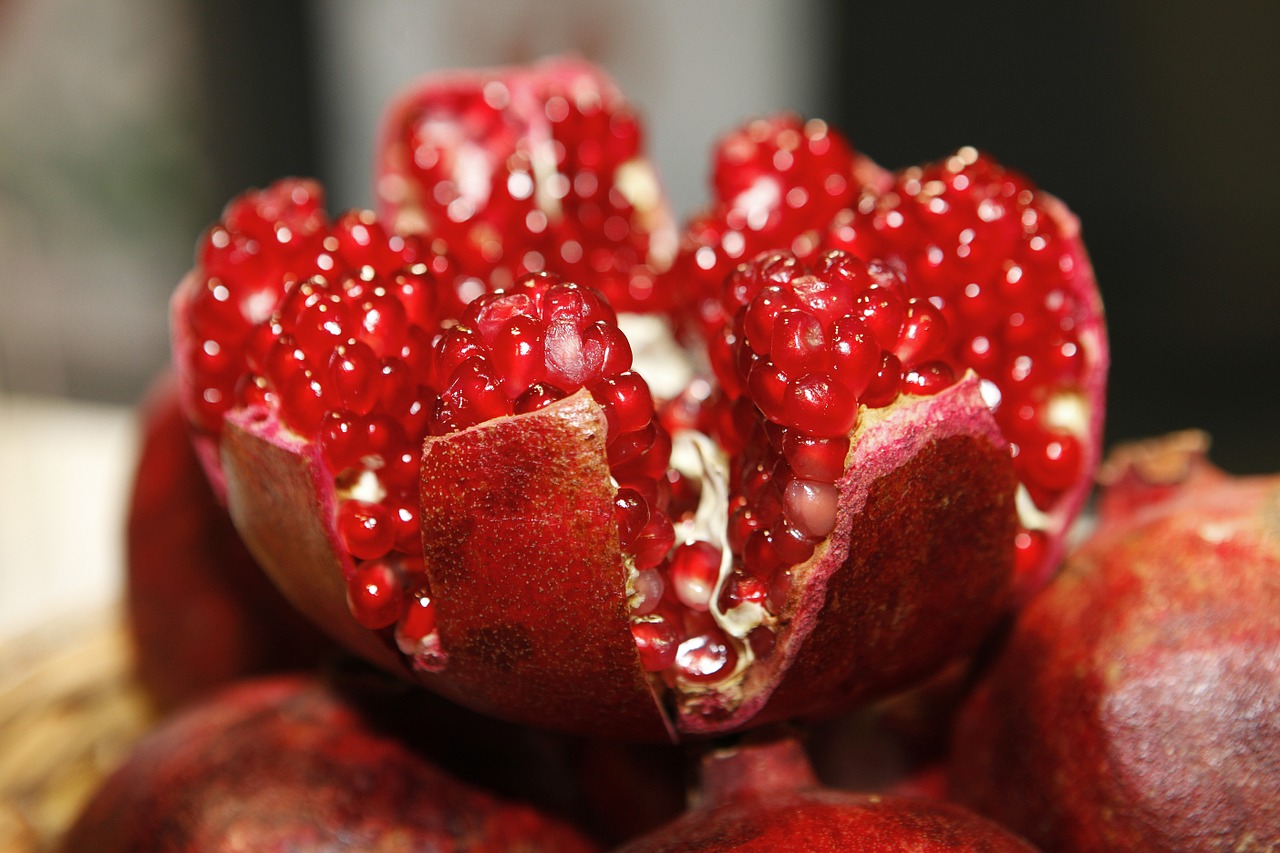
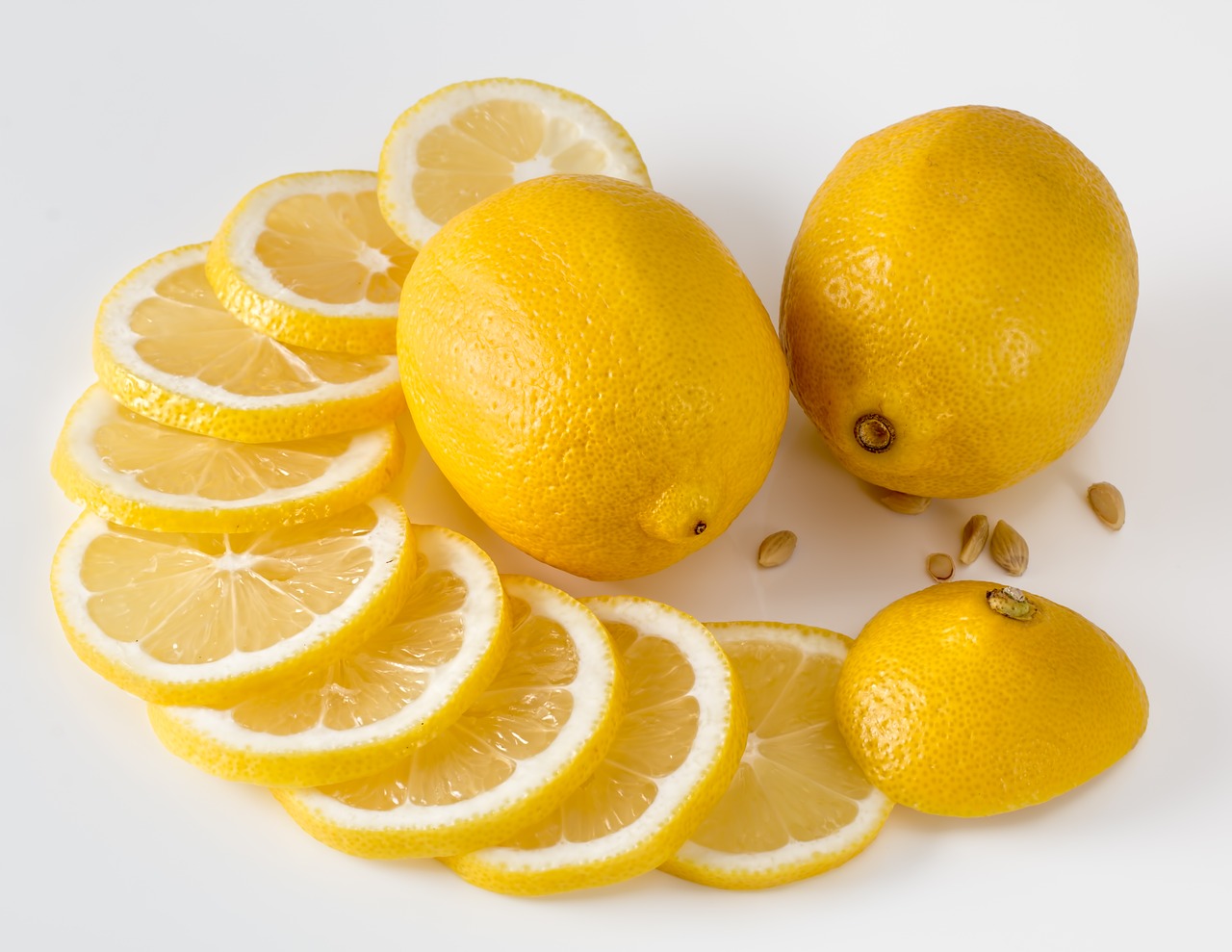
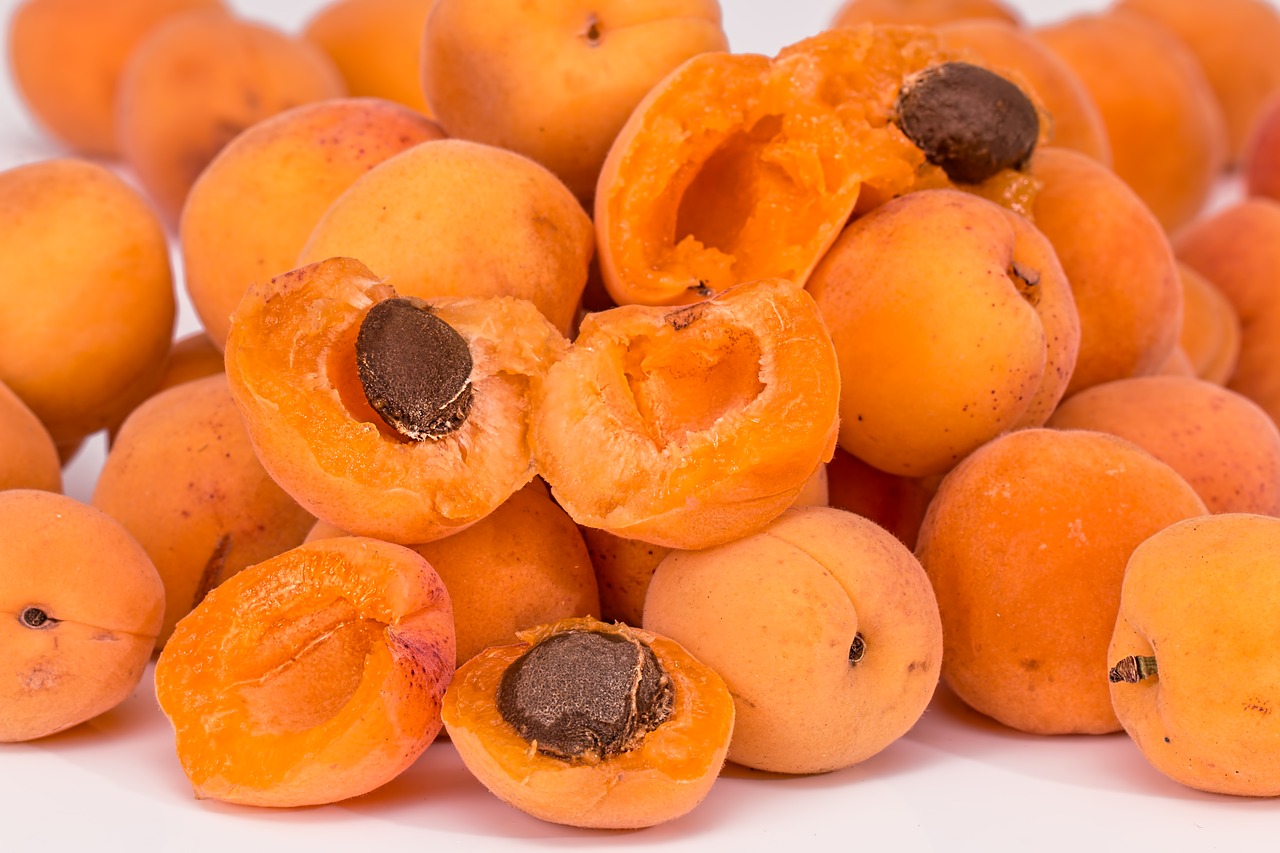
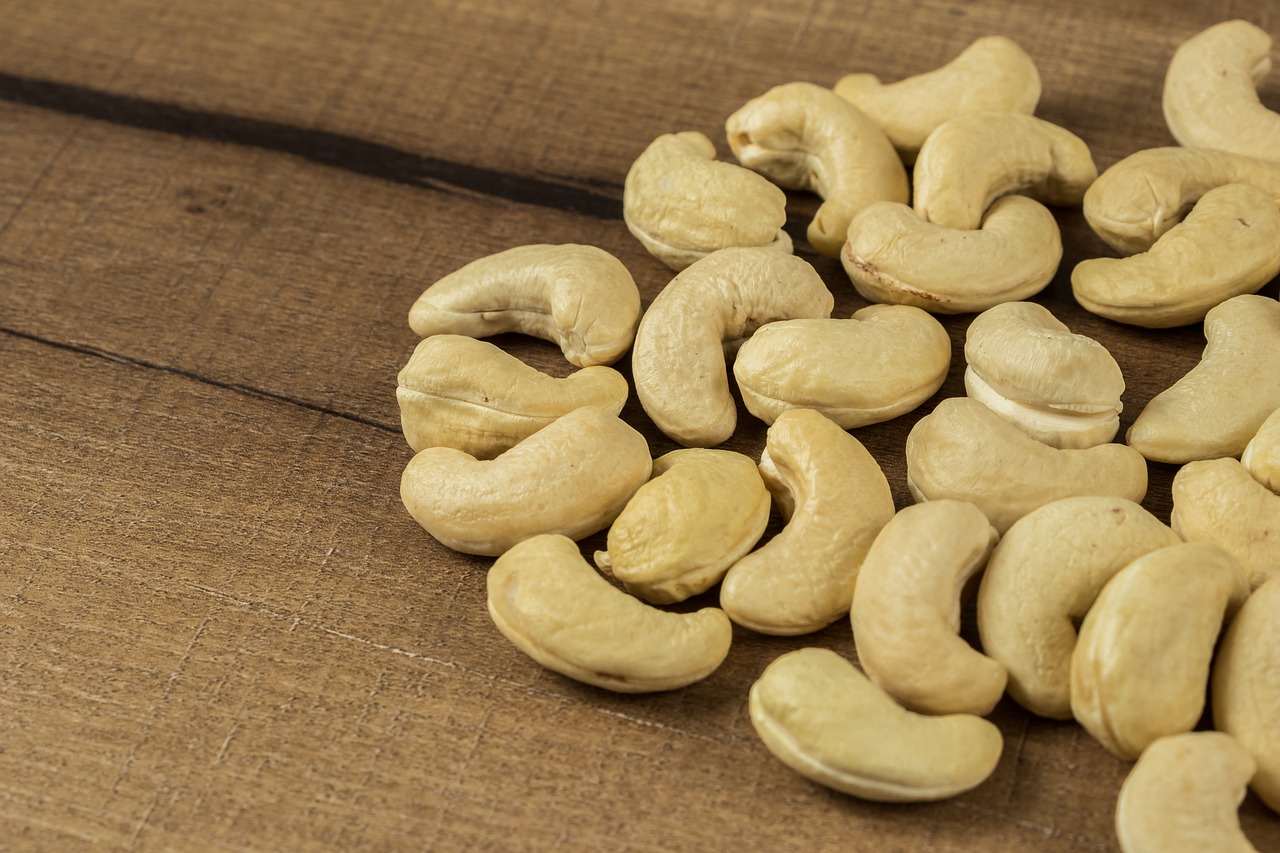



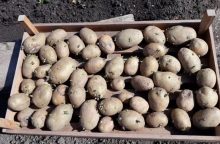
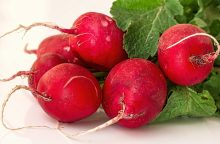
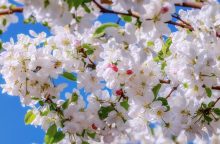
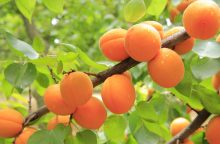
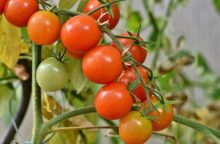
0 comments